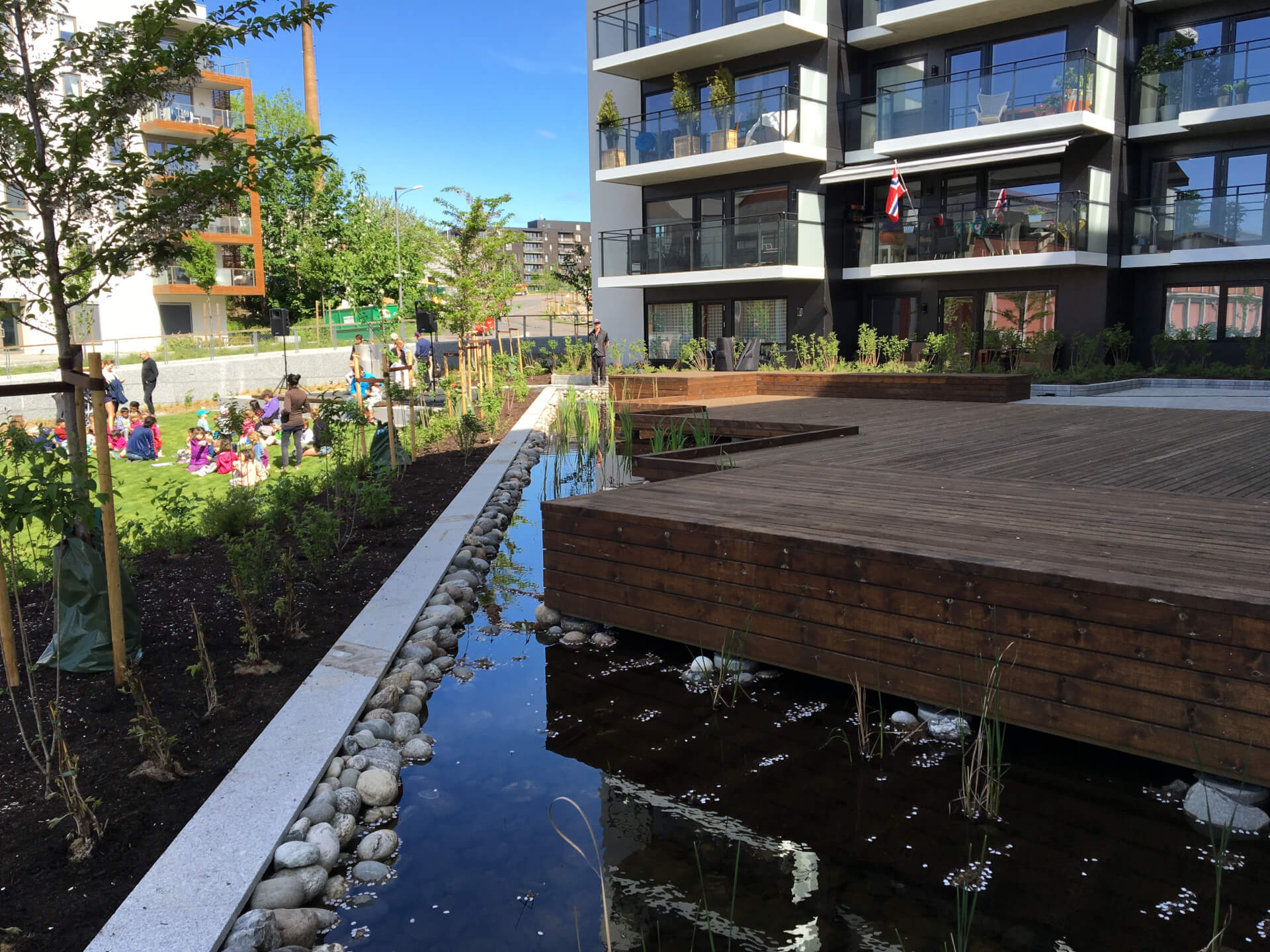The European Green Capital Network ‘Future-proof Toolkit’ for cities

Introduction
The IPCC Special Report on Global Warming of 1.5°C (2018) indicates that we only have until 2030 to cut our CO2 emissions by half to avoid exceeding 1.5 degrees of warming, which would have catastrophic environmental effects. Research also shows that cities could lose up to 10.9% of their GDP by 2100 without green policies.
Reducing vulnerability, safeguarding freshwater supply and quality, protecting ecosystem services, and installing robust, sustainable urban infrastructures belong to the key tasks of any local government – as does keeping citizens happy and healthy. The members of the European Green Capital Network have been successful in this regard by putting in place strategies to become resilient towards natural and manmade disasters and adapt to climate change and a rapidly changing world.
To showcase how cities are being sucessfully ‘future-proofed’ the European Green Capital Network has launched its Future-proof Toolkit with case studies, guidance and insider tips on how cities can adapt to climate change and become fit for future generations to live in.
This Future-proof Toolkit is the first in a series of five toolkits on different themes, which guide cities to become more sustainable.
> Explore the Future-proof Toolkit
In the toolkit
Examples of the case studies covered in the Toolkit include Oslo’s storm-water management strategy, Nijmegen’s citizen-led approach to reducing flood risk, Hamburg’s plans to build 100 hectares of green roofs, and Lisbon’s green infrastructure programme. Not only do the case studies highlight the ideas, approaches taken and achievements, but they also present the challenges faced. They are also open about the fact that even the green capitals of Europe face obstacles and are still learning, and that by working together and sharing insights, cities can move forward.
In addition to the case studies, the Toolkit provides links to useful tools, videos, information sources and also advice on broader topics such as inequality and uncertainty. Examples of tools include: the Green City Tool, A simple self-assessment and benchmarking tool for cities, and a source of information and advice for anyone wanting to learn more about how we can make cities greener and more sustainable; the Urban Nature Atlas: A database of almost 1000 examples of Nature-Based Solutions from across 100 European cities; and the RAMSES adaptation toolbox: From the RAMSES project which delivered quantified evidence of the impacts of climate change and the costs and benefits of a wide range of adaptation measures, focusing on cities.
Key themes throughout the Toolkit include the potential of nature-based solutions, embracing the expertise of local citizens, and recognising that green transformation is not only about making cities resilient towards climate change, but it is also about the social and about working together with locals to provide access to nature that all communities can enjoy. As noted in the Toolkit, “acting as a community to build a resilient city makes the community more resilient in turn”. As an example, the aim of Lisbon’s green corridors and planting its 80,000 new trees was not only to reduce air pollution and vulnerability towards heat waves; it was also about becoming more socially inclusive by improving public access to nature, enabling more people to cycle to work and involving citizens via initiatives such as Lisbon’s tree-planting Saturdays. “With green infrastructure, there is a wide range of challenges you can address through the same solution,” explains Duarte Mata of the City of Lisbon.
The Network’s message for other cities is clear; through green and inclusive infrastructure, all European cities have the potential to become future-proof.
> EXPLORE THE FUTURE-PROOF TOOLKIT
The European Green Capital Network is a network of all the former European Green Capital Award winners and finalists – an initiative of the European Commission to promote and reward the efforts of cities that have shown commitment to improving the urban environment. Last November, experts from member cities of Barcelona, Bristol, Essen, Hamburg, Lahti, Lisbon, Nijmegen, Oslo, Reykjavik, Stockholm, Umeå, Vitoria-Gasteiz and ‘s-Hertogenbosch gathered in Nijmegen for a workshop to provide content for this Future-proof Toolkit.
For more information and questions, please contact the Network: [email protected]
(0) Comments
There is no content